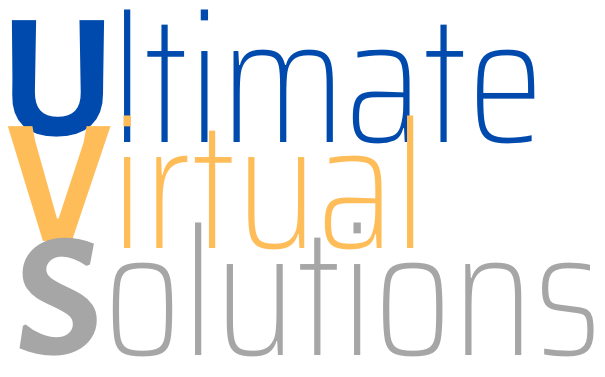A patent is a set of exclusive rights granted by a state to an inventor or his assignee for a fixed period of time in exchange for a disclosure of an invention. The procedure for granting patents, the requirements placed on the patentee and the extent of the exclusive rights vary widely between countries according to national laws and international agreements. Typically, however, a patent application must include one or more claims defining the invention which must be new, inventive, and useful or industrially applicable. In many countries, certain subject areas are excluded from patents, such as business methods and mental acts. The exclusive right granted to a patentee in most countries is the right to prevent or exclude others from making, using, selling, offering to sell or importing the invention without express permission or contract.
Discover more from Ultimate Virtual Solutions
Subscribe to get the latest posts sent to your email.

